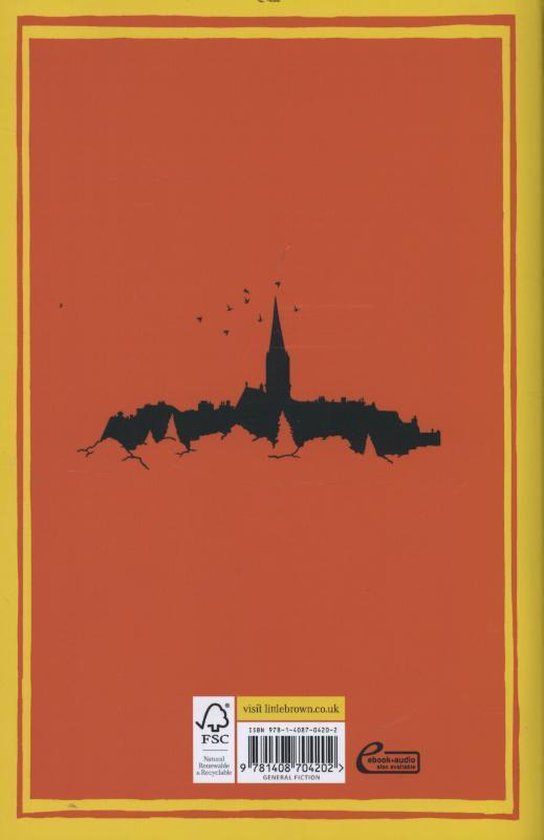


When I did, I was totally surprised by how much I liked it. I expected the same reaction to this one and had therefore put off listening to it. I read Rowling's other non-Potter book (the one she wrote under a pseudonym) and found it entertaining but mediocre. I'm not sure I would call it a great book (sorry folks, it isn't 'Bleak House' or 'Les Miserables'), but neither my money/credit nor my time was wasted listening to it. The clarity and crispness of his voice also makes this an audiobook that you can listen to ALMOST as easily at 2x speed as 1x speed (although as an American, I didn't dare listen to it for long at 3x speed). He is able to subtly voice the many shades and variations of English class (Ruth and her husband Simon are good examples of his deft reading). The tecture of his voice is easy, lyrical and clear. The British actor Tom Hollander's participation in the audiobook was a brilliant (seriously brillaint) move. In a greater way that is probably just what JK wants and expects (obviously on top of being read). I am positive that there will be scores of readers that will be upset, disenchanted, and disallusioned with Rowling's new book. Go back and ask Melville how his loyal followers liked Moby Dick.

We are creatures of habit and expectation. But, there is a real danger in writing a novel your loyal readers might not be ready for. It really seems like you can't write about England's poverty or class struggles without a little bit of dark humor and tragicomedy. Instead of a sorting hat, Pagford's tribes are sorted by money, by politics, by class, and in the case of those around Barry Fairweather - by luck. In 'Casual Vacancy', Rowling falls back into writing about factions and tribalism in communities. Rowling clearly is strongly connected to young adults, because the best parts of 'The Casual Vacancy' orbit the novel's younger characters. It is weird for me, as a reader of all her juvenile fiction, to think of her in the same way with 'Casual Vacancy'. Rowling's new "adult" novel could just as easily been titled 'Poverty' or 'Mortality' (sorry J.K., but Hitch beat you to that title), both of which are themes that play throughout this novel. In some ways this novel seems like a more middleweight 21st century counterpoint to Martin Amis' novel 'Money'. Or perhaps a better title for my review would be: You don’t have S3X near unicorns.


 0 kommentar(er)
0 kommentar(er)
